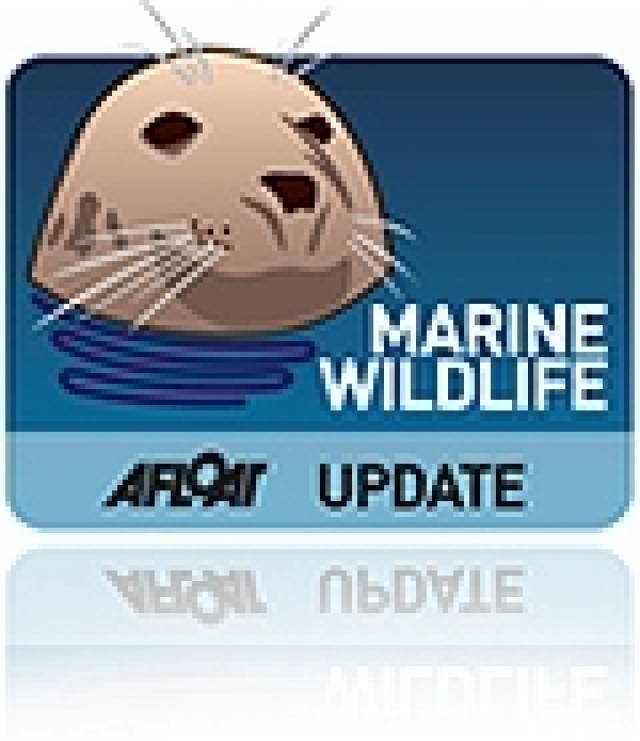#marinelitter – Marine litter is a serious threat to the coastal and marine environment. Marine habitats are contaminated with man-made garbage and other waste, posing growing environmental, economic, health and aesthetic problems. Marine litter is composed of up to 80 % plastic, and originates from a diverse range of sources. Plastics tend to persist in the marine environment, possibly for hundreds of years.
Therefore it is in the interest of Ireland, with its long coastline, but also of the EU as a whole to tackle this problem. As a first step all Member States were obliged to submit an initial assessment of the state of their marine waters, their definition of 'Good Environmental Status' and the targets they have set to achieve this. However, Ireland along with eight other EU Member States did not submit their reports on time. An up-to-date overview of the Member States' reports can be consulted here: http://ec.europa.eu/environment/marine/eu-coast-and-marine-policy/implementation/scoreboard_en.htm
The Commission is now analysing the reports and intends to publish its assessment in 2013. This will help to raise awareness about this global problem, in line with commitments made in Rio this summer to reduce the incidence and impact of this type of pollution on marine ecosystems.
Environment Commissioner Janez Potočnik said: "At the Rio +20 Earth Summit, World Leaders committed to achieving a significant reduction in marine litter by 2025. The European Commission intends to be at the forefront of this effort, working closely with Member States, Regional Sea Conventions and stakeholders to identify and develop concerted initiatives to tackle the problem."
Next Steps
The Marine Litter paper, together with several on-going pilot projects and the information gathered from Member States on the state of their seas under the Marine Strategy Framework Directive, will be an important input as the Commission considers a possible EU-wide reduction target as a contribution to the commitment made in Rio+20.
The Commission will now consult with Member States and other countries, Regional Sea Conventions, stakeholders and other interested parties on how to best take forward actions on marine litter. This consultation will culminate in an International Conference on Prevention and Management of Marine Litter in European Seas, co-organised by the German Federal Environment Ministry and the European Commission in Berlin in April 2013. Germany's Environment Minister Altmaier and Commissioner Potočnik will be among the participants of this event that will focus Regional Action Plans for Europe's Seas and aims to come forward with a practical toolbox for action.
Background
The environmental impacts of marine litter can be felt mostly on marine fauna, but are also are an extra stress on already fragile marine ecosystems, and can affect human health. Marine litter also hampers tourism, and the removal of litter on shore cost several million Euros a year to coastal areas in Europe.
The Marine Strategy Framework Directive requires Member States to achieve "good environmental status" of their marine waters by 2020. In order to do so, a first step in the implementation is the preparation of an initial assessment (Article 8) which identifies the main threats to the European Seas. In addition, Member States have to translate their definition of 'Good Environmental Status' (GES, Article 9) into concrete criteria against which the monitoring data can be assessed. Finally, Member States have to set national environmental targets (Article 10) which set out their ambition level. Marine litter is one of eleven qualitative descriptors Member States must consider when determining GES. All this work has to be done in cooperation between those countries which shared the four European Seas, the North-East Atlantic, the Baltic, the Mediterranean and the Black Sea.































































